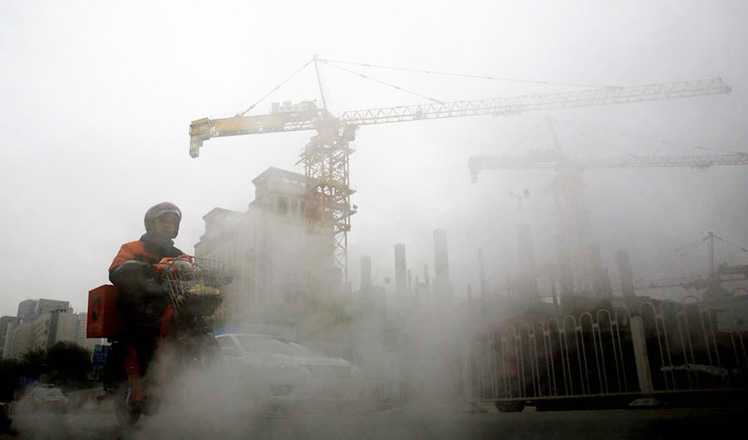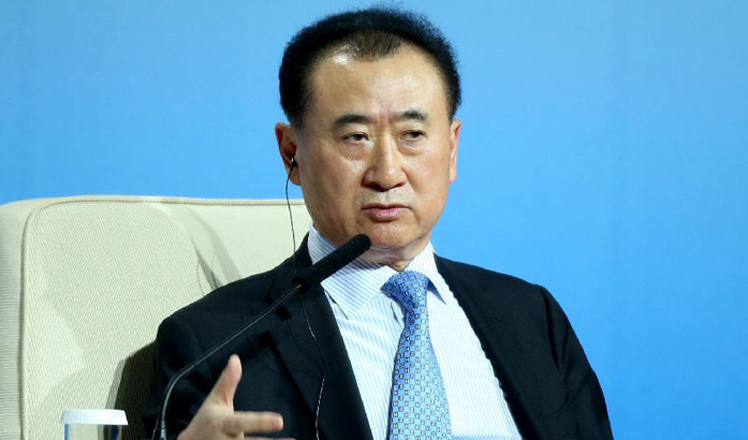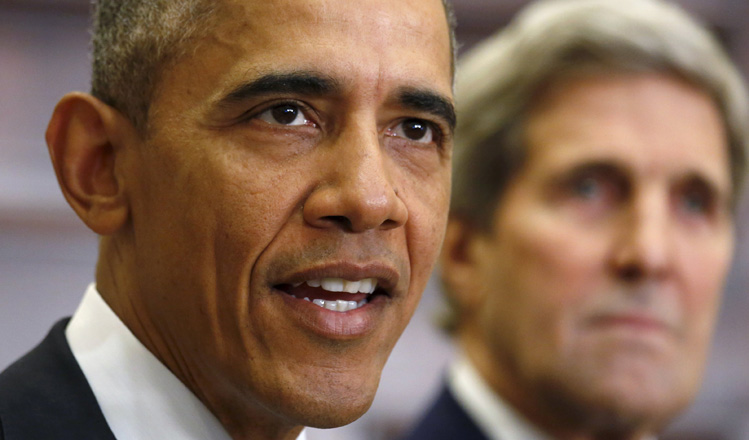Huntsman: Common goals on ties needed
Updated: 2015-10-05 04:59
By Amy He(China Daily USA)
|
||||||||
 |
|
Chairman of Atlantic Council Jon Huntsman(L) joins a panel with former Prime Minister of Australia Kevin Rudd(2nd from left) and Founder & President of the Eurasia Group Dr. Ian Bremmer(2nd from right) during the Concordia Summit held in New York on October 2, 2015. Amy He / China Daily |
The US-China relationship is better when the two countries have a common goal to work toward, such as agreeing to a bilateral investment treaty, said Jon Huntsman, former US ambassador to China.
"When we have nothing to work on together in a strategic sense, we then nitpick and we fall victim to the headlines of the day, which is not where we want to find the relationship," he said on Oct 2 in New York. "When we have something to work on together that’s of strategic value to both sides, then the relationship is managed more evenly and successfully."
Huntsman, who served ambassador from 2009 to 2011, was referring to the two countries trying to negotiate a bilateral investment treaty since 2008
"We have a missed opportunity in that we don't share between us a bilateral investment treaty, which in my mind would be the logical bridge between the Trans-Pacific Partnership (TPP), which includes 12 nation states, 40 percent of the world's GDP," said Huntsman in remarks on a panel in Manhattan on the US-China relationship for the Concordia Summit, held every year to promote public-private partnerships.
China has its own version of the TPP with its free trade partners and without an investment treaty between the US and China, there will eventually be "a head-on collision between two systems built on different standards of trade and investment," he said, which will be a "disaster."
Huntsman said the recent state visit to the US by Chinese President Xi Jinpingwas a "homerun" for China."He clearly had much different goals in mind than did President (Barack) Obama. Did he achieve what he set out to achieve? I think absolutely," he said.
Huntsman said there was still a disconnect between the two countries over strategic and economic issues. He said that he had hoped that Xi's visit would have brought about more alignment from the US and China over security in the Asia-Pacific region as well as partnership in the Middle East.
Kevin Rudd, former prime minister of Australia and currently president of the Asia Society Policy Institute, said on the same panel that the familiarity between the two countries' heads of state and the consistent high-level working summits they have had have led to "quite a robust, frank engagement" between Xi and Obama.
Rudd said there were three significant outcomes from the summit: Xi's points on cybersecurity as it relates to intellectual property, the devaluation of the yuan, and his announcement on China's climate change policies.
"You have the outcome on cyber as it relates to the IP element as well. The explicit language from the Chinese president in his own words on this subject, which we had not had before. Number two, then you had the explicit language from the Chinese president that the RMB will not be subject to competitive devaluation in the future. We did not have that language from the Chinese president before," he said.
"The third one is this fundamental ground shift in Chinese policy on climate change, which is necessary for the planet, which is necessary for them, and their announcement of cap and trade by 2017, however flawed it may be in the start-up, is good news. On those three points I see policy wins," Rudd said.
amyhe@chinadailyusa.com

 Internet celebrities share spotlight with leaders and stars
Internet celebrities share spotlight with leaders and stars
 Heavy smog hits Beijing
Heavy smog hits Beijing
 Eleven-year-old girl donates organs to save six people
Eleven-year-old girl donates organs to save six people
 Top ballet dancers light up Beijing
Top ballet dancers light up Beijing
 Top 10 wealthiest Chinese on Forbes rich list
Top 10 wealthiest Chinese on Forbes rich list
 Obama launches Facebook page, sends message on climate
Obama launches Facebook page, sends message on climate
 Washington 'showing anxiety in stance adopted toward Beijing'
Washington 'showing anxiety in stance adopted toward Beijing'
 Tug of war
Tug of war
Most Viewed
Editor's Picks

|

|

|

|

|

|
Today's Top News
Washington 'showing anxiety in stance adopted toward Beijing'
Obama, Netanyahu at White House seek to mend US-Israel ties
China, not Canada, is top US trade partner
Tu first Chinese to win Nobel Prize in Medicine
Huntsman says Sino-US relationship needs common goals
Xi pledges $2 billion to help developing countries
Young people from US look forward to Xi's state visit: Survey
US to accept more refugees than planned
US Weekly

|

|







